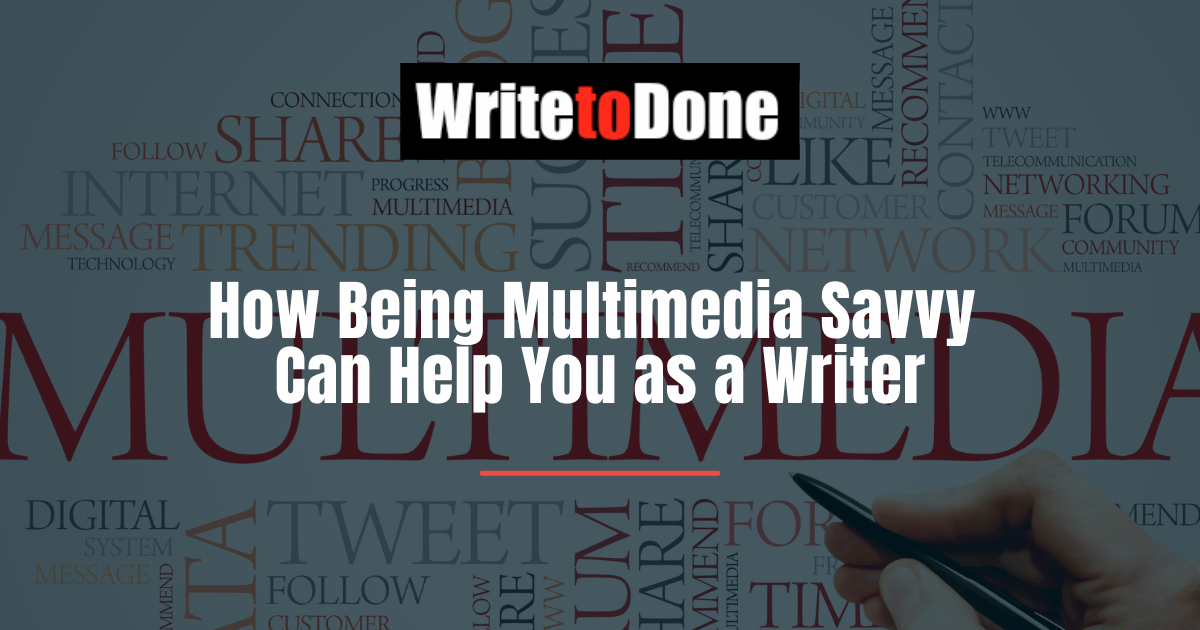It’s not hard to get discouraged about writing and journalism with all the negative news in the media world.
Newspapers are ceasing production, magazines are going online-only, and new outlets are few and far between. But there is a way for writers to survive.
The key to surviving the clear cutting of print publications: Re-define and re-imagine. Become multimedia savvy.
Try to adjust your self-image, you’re no longer just a writer, you’re a multimedia producer. You produce, you create, not just words on the page, but images, sounds, stories. You don’t have to go back to journalism school to learn to use multimedia tools or spend a lot of money on equipment; many new journalism tools are already in your pocket today. With some clever smart phone hacking and a multimedia mindset, you can make every story you report into three (or four, or five…) more stories.
Here’s how:
1. Get the Tools.
These days, being a multimedia journalist is easier than ever before. Many of us already carry the tools of the trade with us everyday. Your iPhone, Droid, or other mobile device can make a good makeshift solution in a pinch. Check out Poynter Institute’s “10 Best iPhones Apps for Journalists” for apps that shoot and publish good video, or programs that help you edit images quickly. If you want to go more pro, keep in mind that you will be able to pay off your gear with increased number of gigs you land. It’s worth it.
2. Audio.
Probably one of the easiest ways to flip a story is to repurpose your audio. Next time you go to do an interview, bring a professional quality recorder with you. The Marantz PMD620 is a professional grade digital recorder that you can slip in your pocket. It has external mics but if your own mic isn’t a bad idea either. Zoom makes some good recorders, which are even cheaper than the Marantz, but both of these recorders are less than $400. So once you’ve recorded your audio, you can use that audio for many different things. You can pitch your the sound of your interview to a radio station or NPR, who will often buy sound files, or “tape synchs.” Also you could pitch a scripted piece that you will write out and voice, with the sounds from your interview woven throughout.
3. Slideshows.
Online publications are in desperate need of photos for their sites. Photo galleries are some of the most financially lucrative parts of websites, so many publications have been hard pressed by their business departments to add one or many photos to their sites. Even if you’re not David LaChappelle, consumer grade digital cameras basically take a photo for you. Bring one along for your next story and you can add a couple extra dollars onto your story.
4. Audio Slideshows.
If you combine steps two and three together, then you have the newish phenomenon: The audio slideshow. These galleries are always a delight to see on a website, and they are relatively easy to create. Soundslides is a great program that lets you take your audio and lay it under a slideshow. If you take your audio from an interview, and juxtapose it with the images that you took, you have successfully become a multimedia journalist. It’s a simple process that adds a whole new dimension to storytelling.
5. Video Clips:
Online publications are dying to be patient zero of a viral video. If you shoot some footage on your phone, or on a Flip cam, perhaps you can help them to realize their dream. If you’re shooting with your phone or another hand held device, the best thing to do is put it down. Maybe you can set it on a book, or a table to eliminate that “Blair Witch Project” shaky-cam look. If you’re in a situation where you can’t do this, use the hand not holding the camera to hold your wrist. This will steady your camera arm enough for some passable video. Once you have the video, you should pitch it to the online or web editor at a publication.
















